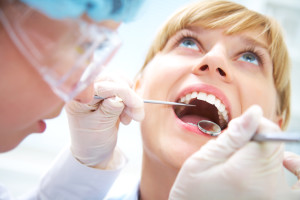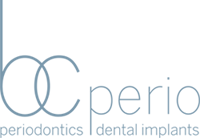 After gum treatment, it’s important to maintain the best possible oral health both to encourage healing and to prevent the gum problems from recurring. Be sure to follow the instructions provided by your dentist or periodontist to keep your gums and teeth strong and healthy after treatment.
After gum treatment, it’s important to maintain the best possible oral health both to encourage healing and to prevent the gum problems from recurring. Be sure to follow the instructions provided by your dentist or periodontist to keep your gums and teeth strong and healthy after treatment.
Caring for Your Mouth Right after Gum Treatment
If you’ve had gum surgery or another form of gum treatment, your periodontist will give you instructions for effective aftercare. You might have stitches in your mouth, and if you’ve had gum grafts, you might have a spot on the roof of your mouth where tissue has been removed. You’ll need to alleviate discomfort as well as any swelling or bleeding. Your periodontist will probably prescribe antibiotics to prevent infection.
For the first day or two, you might not be able to brush your teeth normally. If you can’t brush, you’ll probably have a special prescription mouthwash to help reduce bacteria buildup in your mouth. Some other aftercare instructions might include:
- Using heat or cold to reduce swelling
- Rinsing with warm salt water
- Taking over-the-counter or prescription pain medication
- Resting for a day or more before returning to regular activities
The more diligently you follow these instructions, the better and more quickly you’ll heal. If you experience persistent bleeding, extreme discomfort, or swelling that won’t go away, contact your dentist right away.
Long-Term Care for Your Gums
After you’ve completely recovered from gum surgery, you’ll want to keep your mouth healthy so you won’t have to worry about additional treatment in the future. Keep brushing and flossing regularly and see your dentist twice a year or as directed. If you have persistent issues with your gums, you might need to go more frequently for checkups. Your dentist might also recommend a special toothpaste or mouthwash to help reduce the likelihood of repeat gum infection.
With diligent long-term care, you can keep your gums healthy and avoid additional gum treatment. Ask your dentist about any additional measures you can take to ensure your teeth and gums remain healthy for many years to come.
If you have further questions, contact us at the office of Dr. Brad Crump today!






